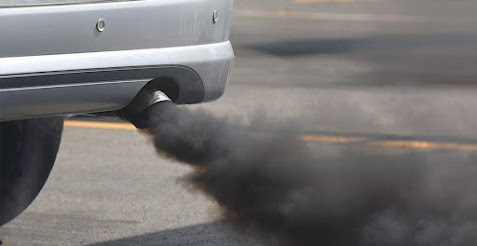Key Reasons Your Vehicle May Not Pass a Smog Test – Solutions Included
Experiencing failure during a smog check can be quite troubling for any car owner. These checks are essential for determining the quantity and kind of pollutants being emitted by a vehicle. Not only are they a legal mandate in numerous regions, but they also contribute to minimizing environmental pollution. Grasping the reasons behind a smog check failure and knowing how to rectify these issues can help save both time and money, while also making your vehicle more environmentally friendly.
Oxygen Sensor Malfunction
A frequent cause for smog check failures is a malfunctioning oxygen sensor. This sensor is vital for maintaining the proper air-fuel balance in your vehicle. If it malfunctions, it could result in your vehicle emitting too much or too little fuel, thus increasing emissions. Replacing a defective oxygen sensor is a simple remedy that can markedly better your vehicle's emission levels.
Faulty or Unclean Spark Plugs
Spark plugs are responsible for igniting the air-fuel mix within your engine. Faulty or dirty spark plugs can lead to incomplete combustion, thereby elevating emission levels. Regular checks and replacements of spark plugs can help maintain engine efficiency and smog check compliance.
Leaks in the Evaporative Emissions System
This system aims to prevent gasoline vapors from leaking into the environment. Failures in a smog check can occur due to leaks in this system, often caused by issues with gas caps, hoses, or valves. Checking and fixing any leaks in the evaporative emissions system is crucial for passing the smog test.
Clogged Air Filters
Air filters that are clogged can limit the amount of air entering the engine, disrupting the air-fuel mixture and increasing emissions. Changing a clogged air filter is an easy and economical step towards lowering emissions and enhancing vehicle performance.
Catalytic Converter Failures
Catalytic converters play a key role in reducing noxious emissions from your vehicle's exhaust. A failing or failed converter can result in a smog test failure. Issues with catalytic converters can arise from neglect, engine problems, or using the wrong fuel additives. It's critical to replace a malfunctioning catalytic converter to pass the smog test and benefit the environment.
Exhaust Gas Recirculation (EGR) System Faults
The EGR system helps decrease nitrogen oxide emissions by recirculating exhaust gases back into the engine. Smog check failures can be due to EGR system issues, like blocked passages or faulty valves. Cleaning or replacing EGR system components can address these problems.
Engine Misfires
Misfires can elevate emissions and lead to smog check failures, often due to issues with spark plugs, ignition coils, or fuel injectors. It's important to fix the root cause of engine misfires to pass the smog check and maintain smooth vehicle operation.


.jpg)
.jpg)
Comments
Post a Comment